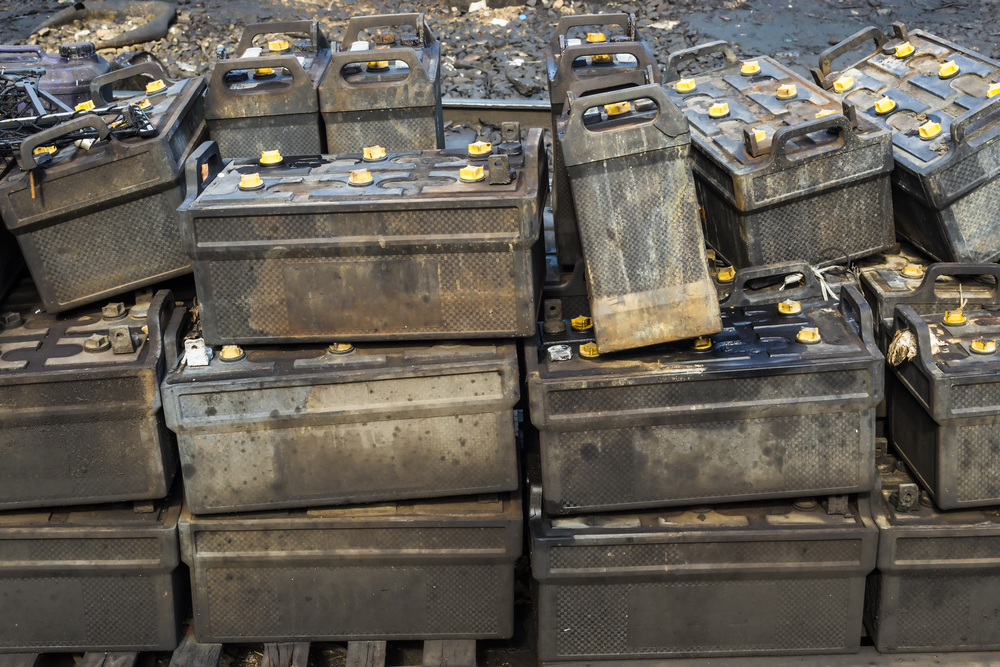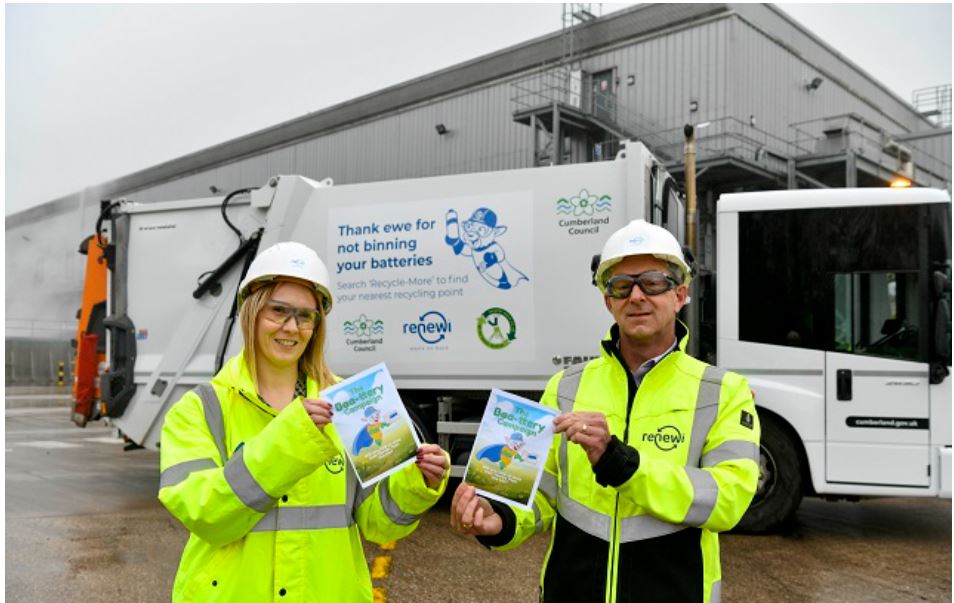Large producers of portable batteries are required to join a battery compliance scheme and contribute to the costs of meeting the 45% collection target.
Experts have regularly expressed concerns about the “implausibly high” collection rate of portable lead-acid batteries compared to the volumes placed on the market, displacing non-lead-acid batteries to meet targets.
According to figures published on the National Packaging Waste Database (NPWD), just 1,359 tonnes of portable lead-acid batteries were placed on the UK market in 2021, while 14,101 tonnes were recycled.
The data also shows that 42,115 tonnes of non-lead-acid portable batteries were placed on the market, while only 4,191 tonnes were recycled, highlighting the inflated significance of lead-acid evidence.
Defra published updated guidance on battery classifications on 25 August. Significantly, the guidance makes clear that valve regulated lead acid (VRLA) batteries are considered portable unless the producer has “expert evidence” which convinces the Agency to the contrary.
Peter Hunt is chairman of the WasteCare Group, operators of the BatteryBack battery compliance scheme. He said: “The classification of VRLA batteries weighing less than 4kg as portable batteries needed to be clearly defined and must now be consistently enforced by the Agency.
“We strongly believe this will ensure the market works more efficiently and that the increasing reliance of the UK battery producer regime on portable lead-acid batteries to meet the 45% statutory collection targets will be dramatically reduced.”
Freerider campaign
Defra told letsrecycle.com it has launched a ‘freerider campaign’ alongside the updated guidance to help bring producers of portable batteries who are not currently registered or who are registered “incorrectly” into compliance.
The department says the campaign will increase the number of portable battery producers paying into the shared producer responsibility system for portable batteries and increase the total recycling obligation for portable battery producers.
The campaign will also increase the “drive” to collect and recycling portable batteries to meet the increased portable battery obligation, Defra says.
‘Level playing field’
Mr Hunt said he welcomed the Environment Agency’s efforts to “level up the playing field for all battery producers”.

“For too long this imbalance has badly affected the whole battery recycling industry, restricting the growth in collection rates, causing serious environmental damage and representing a huge financial cost for many,” he said.
“We look forward to continuing to support lead acid battery producers in meeting their compliance requirements.”
Mr Hunt added: “While many would argue it makes little sense to include any lead batteries within the waste battery regulations as the value of the recovered lead means they are generally recycled anyway, we recognise this would require regulatory change and that would take some time.”
Portable batteries
Under Defra’s classifications, a portable battery is sealed, weighs 4kg or less and is not an automotive or industrial battery nor designed exclusively for industrial or professional use.
One of the oldest types of rechargeable batteries in the world, distinctive cuboid portable lead-acid batteries are used in applications such as fire alarms, security systems and children’s toys.
Last August, the Agency published guidance aiming to clarify when a lead acid battery weighing less than 4kg was portable (see letsrecycle.com story).
However, some in the industry, including Mr Hunt, claimed the revised guidance failed to resolve the issue, hence the publication of the subsequent revisions on 25 August (see letsrecycle.com story).











Subscribe for free